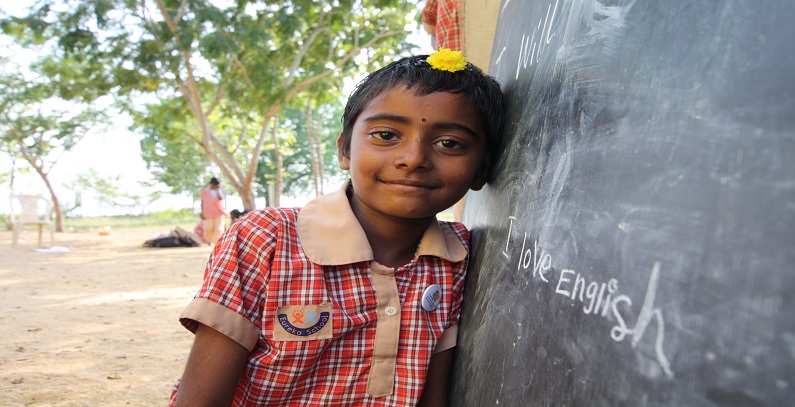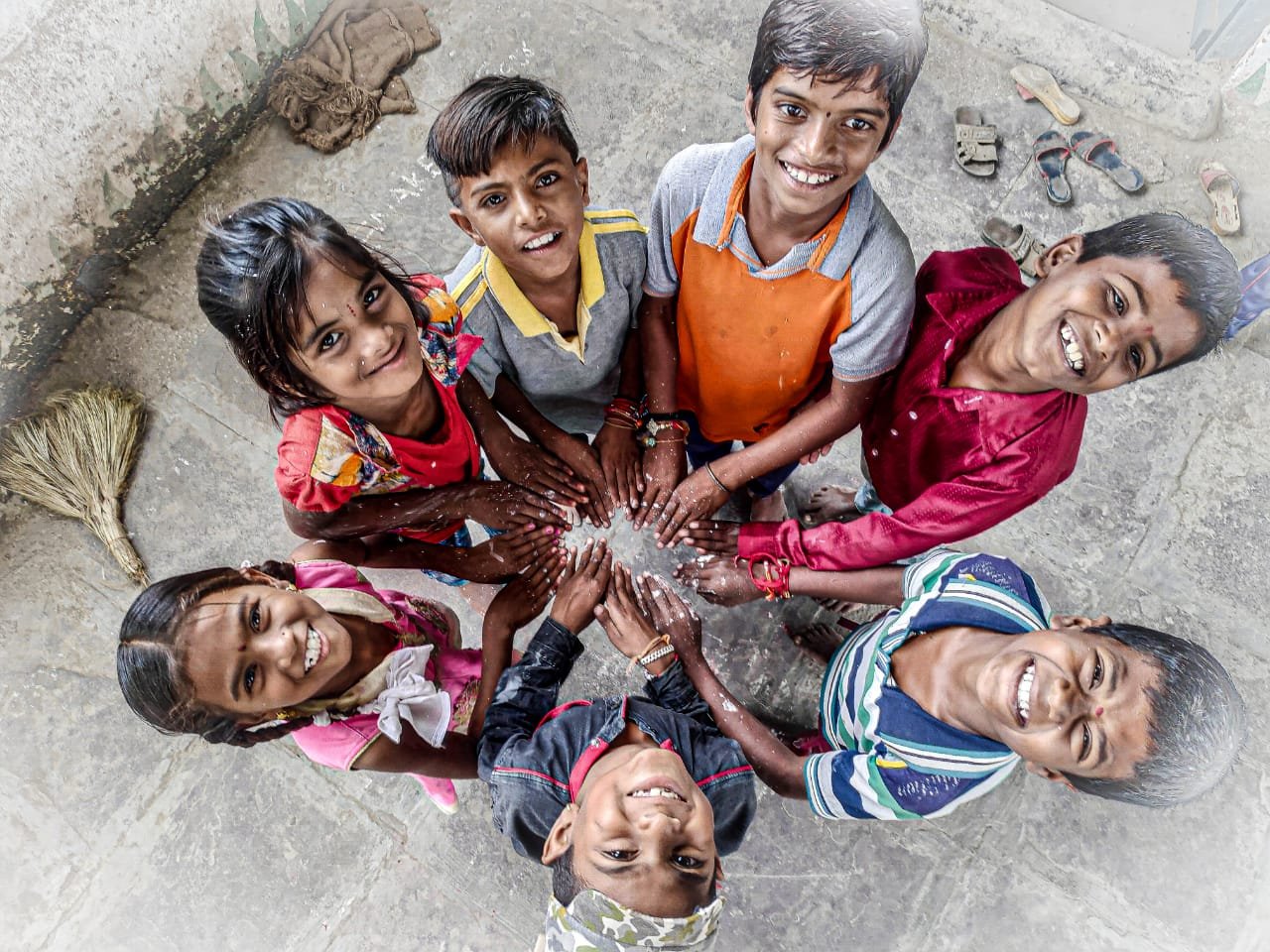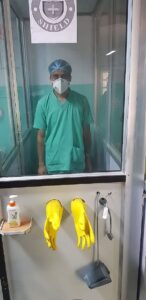CSR of Canpack India and Blue Star building confidence in school kids
Is basic education enough to build a bright future for children? This is a question corporate social responsibility has been addressing in the past few years as it moves beyond mere scholastic education to personality development.
CSR programmes are increasingly making it their objective to prepare school kids from marginalised backgrounds for life in the post-school world where the “soft skills” of verbal communication, creativity and teamwork are just as important as a degree.
Nomura’s Future Generations, Blue Star’s Eureka Walk ‘n’ Talk, Project Nanhi Kali, Canpack India’s Design for Change are unique CSR projects that have been successful in achieving this for thousands of children in government schools.
Angrezi mein kehte hain
In Tamil Nadu, even though most children go to schools, their knowledge of the English language is poor. Their inability to read and speak English affects their confidence and self-esteem. Remember Amitabh Bachchan’s iconic line from Bollywood movie Namak Halal? “I can walk English, I can talk English, I can laugh English because English is a funny language.” Well, CSR programme Eureka Walk ‘n’ Talk is a confidence-booster along the same lines for kids who come from underpriveleged homes in 20 villages of Cuddlaore, Tamil Nadu. It makes them fairly confident in speaking simple English sentences and doing mental math.
As part of their CSR initiative, Blue Star has partnered with CII and Aid India to provide students with additional knowledge beyond the four walls of their classroom. The project works through 20 after-school ‘Eureka centres’ set up in the villages where a locally appointed and trained tutor gives lessons specially designed for them.

The tutor uses interesting learning tools such as subject charts, workbooks, incentive cards and stickers developed by Aid India to make classroom sessions interactive and engaging. The focus is on enhancing children’s ability to pick up basic English words and sentences and hold a simple conversation in the language. For mathematics, the children are trained on mental arithmetic operations for addition, subtraction and multiplication.
The approach adopted to educate children is appreciated by teachers and students alike. A total of 1,500 children in the age group of 6 to 14 years have been actively enrolled in the programme. They are learning through community participation and peer learning, resulting in enhanced confidence levels.
From kids to critical thinkers
Children are subjected to rote-based learning and old school teaching methodologies in their school classrooms. These practices do not equip them in essential life skills necessary for a wholesome education. Design for Change aims to address the lack of holistic development among school-going children in Aurangabad, Maharashtra. The objective of the programme, launched in 2018, is to shift a student’s attitude from ‘can I?’ to ‘I can.’

It encourages students to take charge of their environment and act accordingly to instil leadership skills in them. Their classroom sessions are built on four pillars – feel, imagine, do and share. This approach helps the student develop an evolved thought process that prepares them for the future. Several training programmes are conducted for teachers to enable them with the skills to lead classroom sessions effectively and be prepared to handle the unique problems that the students may face.
Students learn innovative thinking, communication, and teamwork through the programme. Collectively, 78,000 individuals have benefitted from the sessions conducted by CSR of Canpack India team. The sensitisation of students to be able and responsible citizens of the future is a key takeaway from the project. Citizen social responsibility, anyone?
Nuvoco Vistas Fights COVID-19
The world is grappling with a situation that has taken everyone off guard. Nuvoco Vistas Corporation Limited, a Nirma Group company, considers providing a safe and healthy working environment for its employees and associates its inherent corporate social responsibility (CSR); more so during this pandemic.
Nuvoco has cement manufacturing facilities in Chhattisgarh, Haryana, Rajasthan, Jharkhand, and West Bengal, and through them, the organisation has reached out to the local communities and contributed food packets and essential supplies. Moreover, they are extending a helping hand to the local communities through their sales forces and over 60 ready-mix concrete (RMX) operations across the countries. Employees across locations have contributed a day’s salary towards relief funds.
Here are some of the CSR and employee engagement initiatives that Nuvoco has undertaken during the lockdown:
Safety, Food Supply and Medical Care
Nuvoco has implemented a process where they daily track the wellbeing of employees across locations. The Emergency Response Procedure that was rolled at the beginning of the lockdown has offered employees a sense of comfort with the knowledge that any assistance they might require is only a phone call away.
The plant-based Occupational Health Centres (OHC) are working round the clock to provide various medical services, which also include educating employees and their families about the Dos and Don’ts regarding Coronavirus. They have been able to harness the power of technology for the better, to a large extent, and everyone is contributing in some way or the other way to ensure that their families (both, personal and professional) are safe and looked after. All plants have identified and prepared dedicated isolation rooms to tend to anyone diagnosed with any of the COVID-19 symptoms.
Extending assistance to SHGs
Nuvoco’s employees and family members across its cement plants, namely Arasmeta and Sonadih (Chhattisgarh), Jojobera (Jharkhand), Mejia (West Bengal), Nimbol and Chittor (Rajasthan), and Bhiwani (Haryana) are working with local Self Help Groups (SHGs) to extend assistance beyond the plant boundaries by producing face masks for the needy. Groups of volunteers from the plants take turns to clean the surrounding areas and also deliver essentials and food items to the colony residents. They make structured visits and take rounds of the colony.
Moreover, these volunteers monitor the residents’ movements inside the colony during the lockdown period; while assisting the security personnel in keeping tabs on any new people entering the colony. Plant teams are also reaching out to neighbouring communities and working with the local administration to supply food packets and other essential services where needed.










